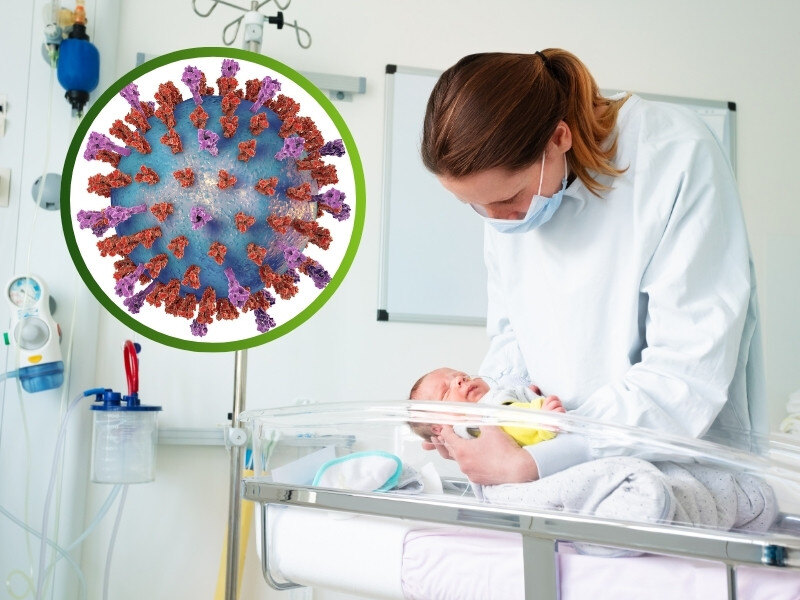Clesrovimab Shows Positive Results as Preventative Treatment for RSV in Pre-Term and Full-Term Infants

Positive findings from a phase IIb/III clinical trial assessing Merck's (MSD) prophylactic monoclonal antibody clesrovimab. The trial hopes to advance the immunisation to protect infants from respiratory syncytial virus (RSV).
“RSV continues to be a widespread seasonal infection that can affect both healthy and at-risk infants and is the leading cause of hospitalization for infants,” said Octavio Ramilo, chair of the Department of Infectious Diseases at St. Jude’s Children’s Research Hospital and investigator for the MK-1654-004 and MK-1654-007 trials.
The findings were presented at IDWeek 2024, Los Angeles, CA.
RSV
RSV is a virus and common cause of respiratory related hospitalisation in infants. The infection can cause a wide variety of symptoms which range from mild to potentially life-threatening. In the worst cases, patients may require hospitalisation and mechanical ventilation.
RSV remains high risk in both healthy and immunocompromised infant populations. According to the study, the virus is the leading cause of hospitalisation worldwide for healthy infants under one year old. Around 101,000 deaths in children under five are attributed to RSV each year.
Clesrovimab
MSD's clesrovimab is an extended half-life monoclonal antibody (mAb), developed as an immunisation for RSV. The preventative therapy is designed to be administered as the same single dose regardless of birth weight. It is currently being assessed among healthy, full-term, at-risk infants to treat mild, moderate, and severe RSV during their first RSV season.
The trial
These latest data come from MSD's randomised, double-blind, and placebo-controlled phase IIb/III clinical trial (NCT04767373). 3632 infants one year old or younger participated in the study, randomly receiving either 105mg of clesrovimab or placebo via intramuscular injection on day one.
The study's primary endpoint was a reduction in incidence of medically-attended lower respiratory infection (MALRI) associated with RSV over 180 days and the safety of the drug. This endpoint was defined as ≥ 1 indicator of lower respiratory infection (LRI) compared to placebo on day 180.
“The MK-1654-004 study evaluated a broad spectrum of RSV disease ranging from mild outpatient illness to severe disease requiring hospitalization. These promising results demonstrating decreased incidence of RSV disease, including hospitalizations, and highlight the potential for clesrovimab to play an important role in helping to alleviate the continued burden of RSV on infants and their families,” said Ramilo.
The study found that it had met its primary endpoint of a significant improvement in incidence of MALRI compared to placebo by day 180, at 60.4%.
Furthermore, the study reported it had met its secondary endpoint of reduced RSV-associated hospitalizations and RSV-associated LRI hospitalizations through day 180 compared with placebo by 84.2%. The antibody also reduced the incidence of severe MALRI by 91.7%.
“These clinically meaningful findings also reinforce the potential for clesrovimab to be the first and only immunization designed to protect both healthy and at-risk infants using the same dose, regardless of weight,” said Paula Annunziato, Senior Vice President, infectious diseases and vaccines, Global Clinical Development, Merck Research Laboratories.
“We look forward to continuing to discuss these data with health authorities around the world with the goal of making clesrovimab available for infants as early as the 2025-26 RSV season.”
In terms of safety, the clinic saw a similar number of adverse events and serious adverse events between the clesrovimab and placebo groups. The group are currently in the process of conducting a phase III trial of the therapy (MK-1654-007, NCT04938830).







